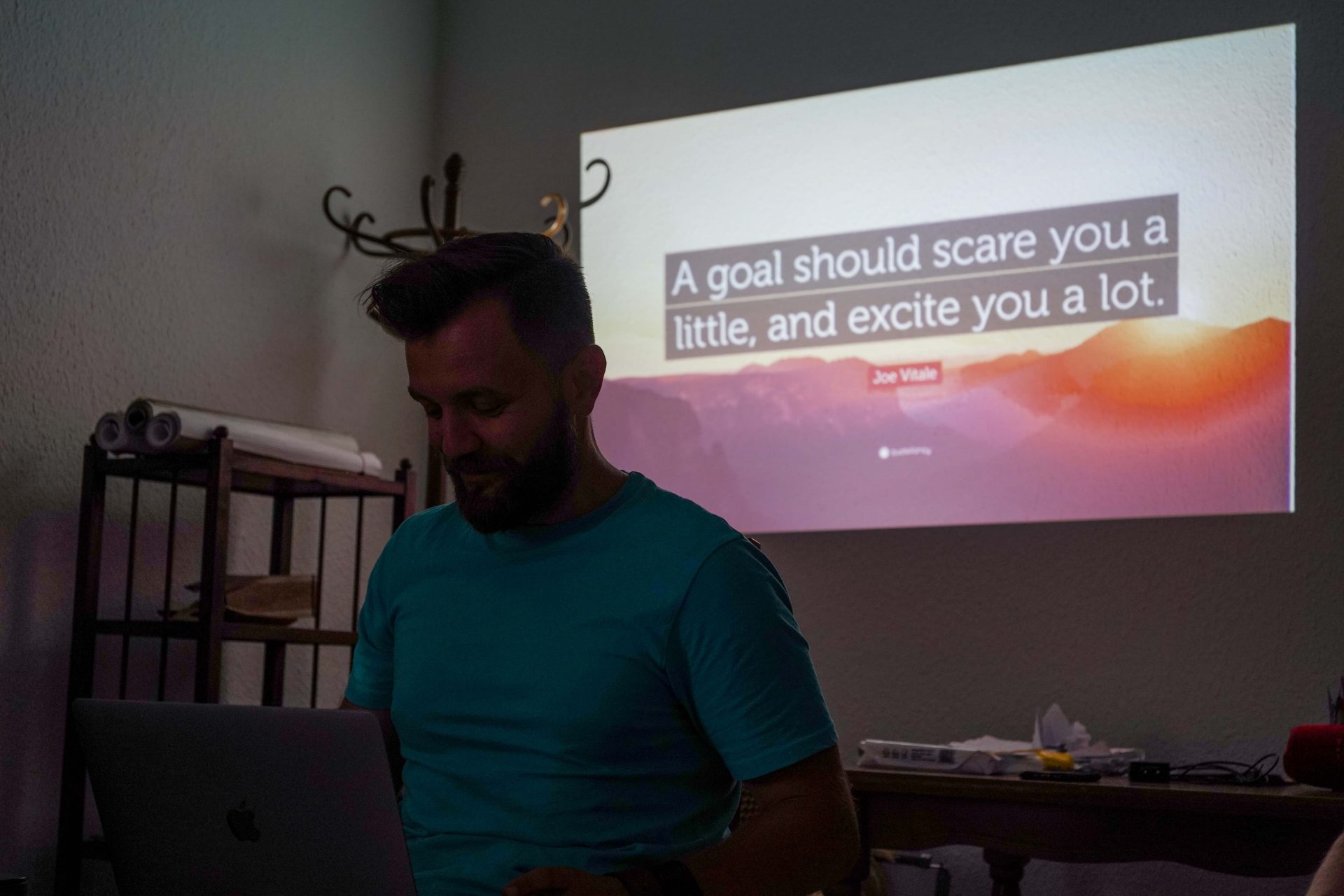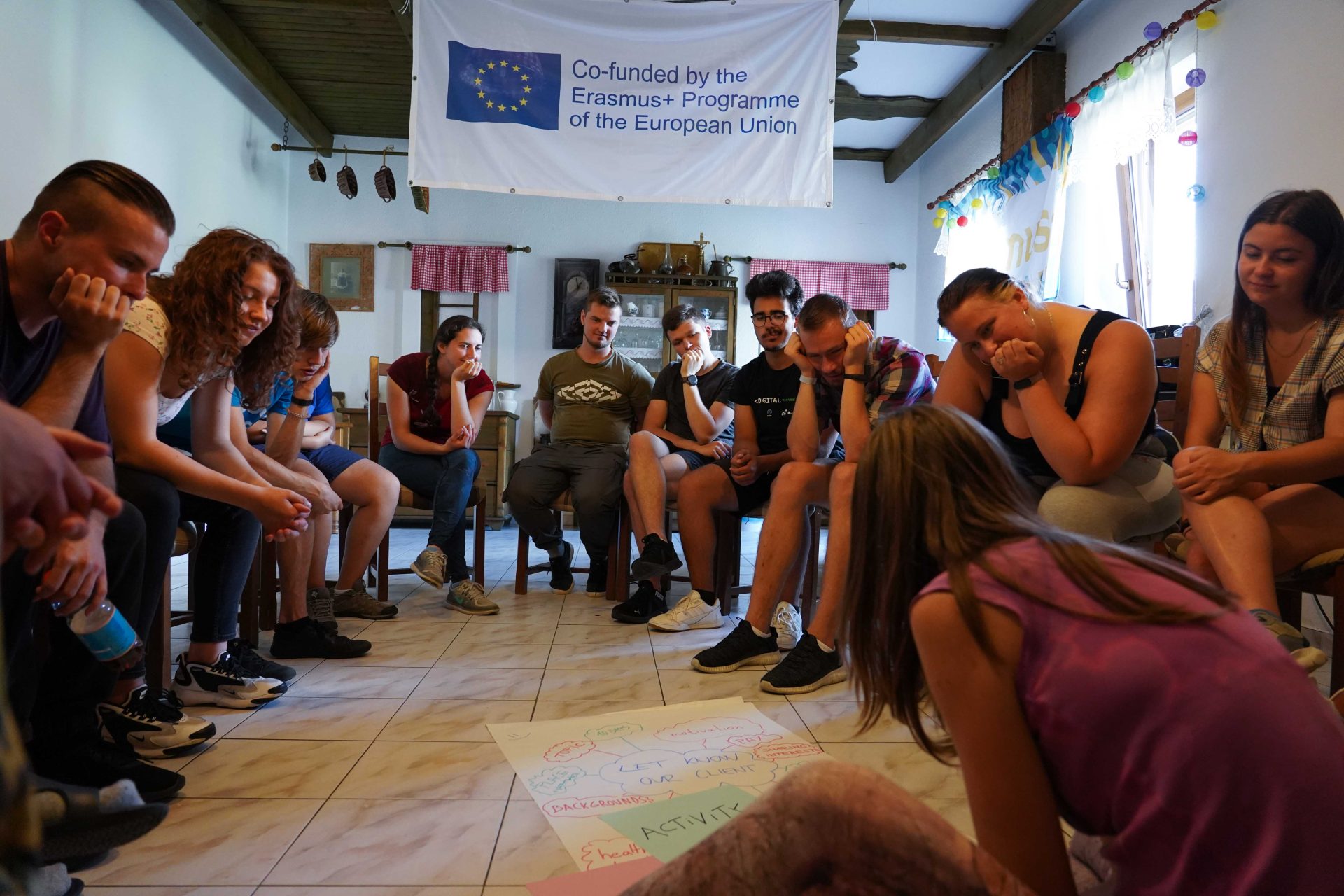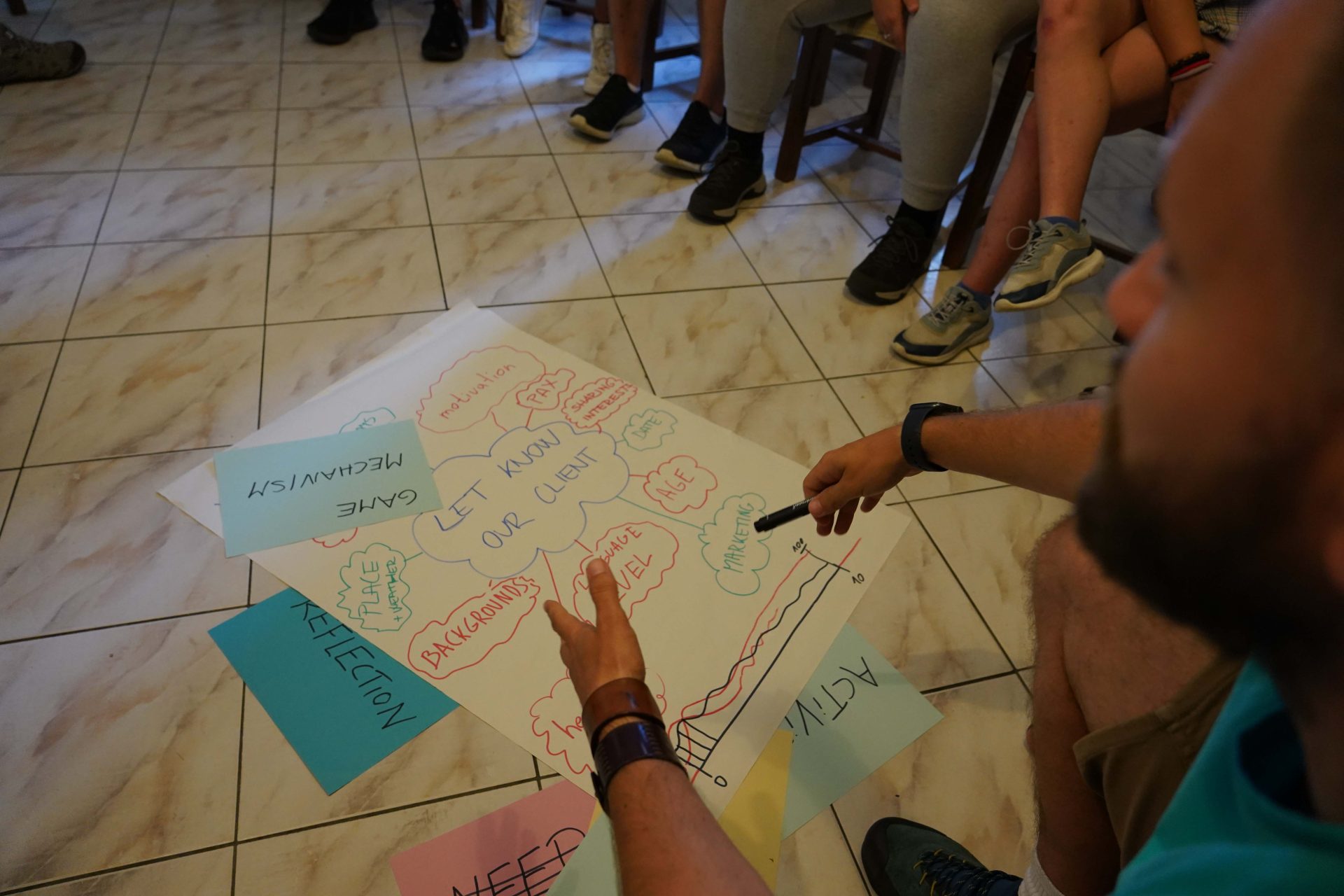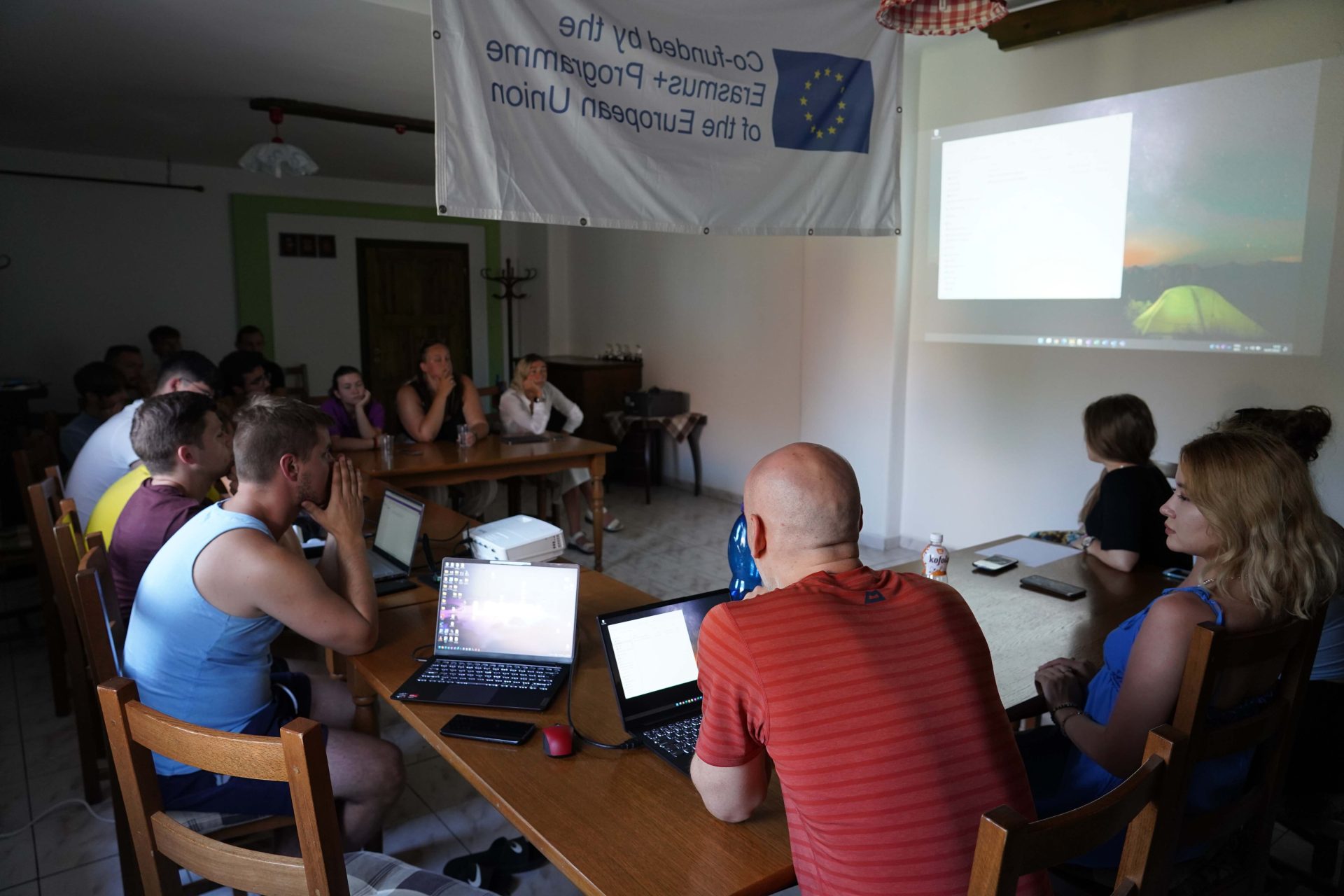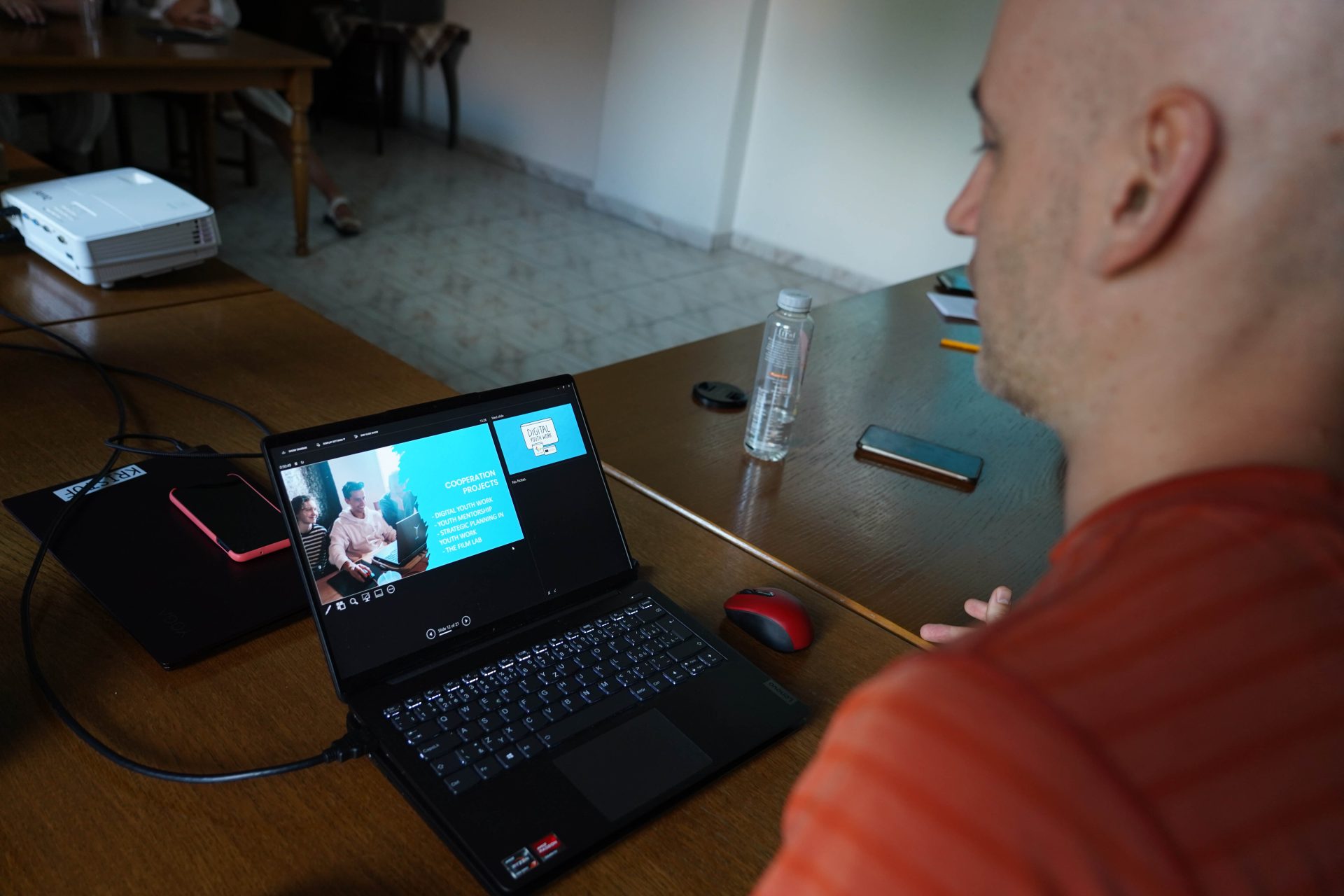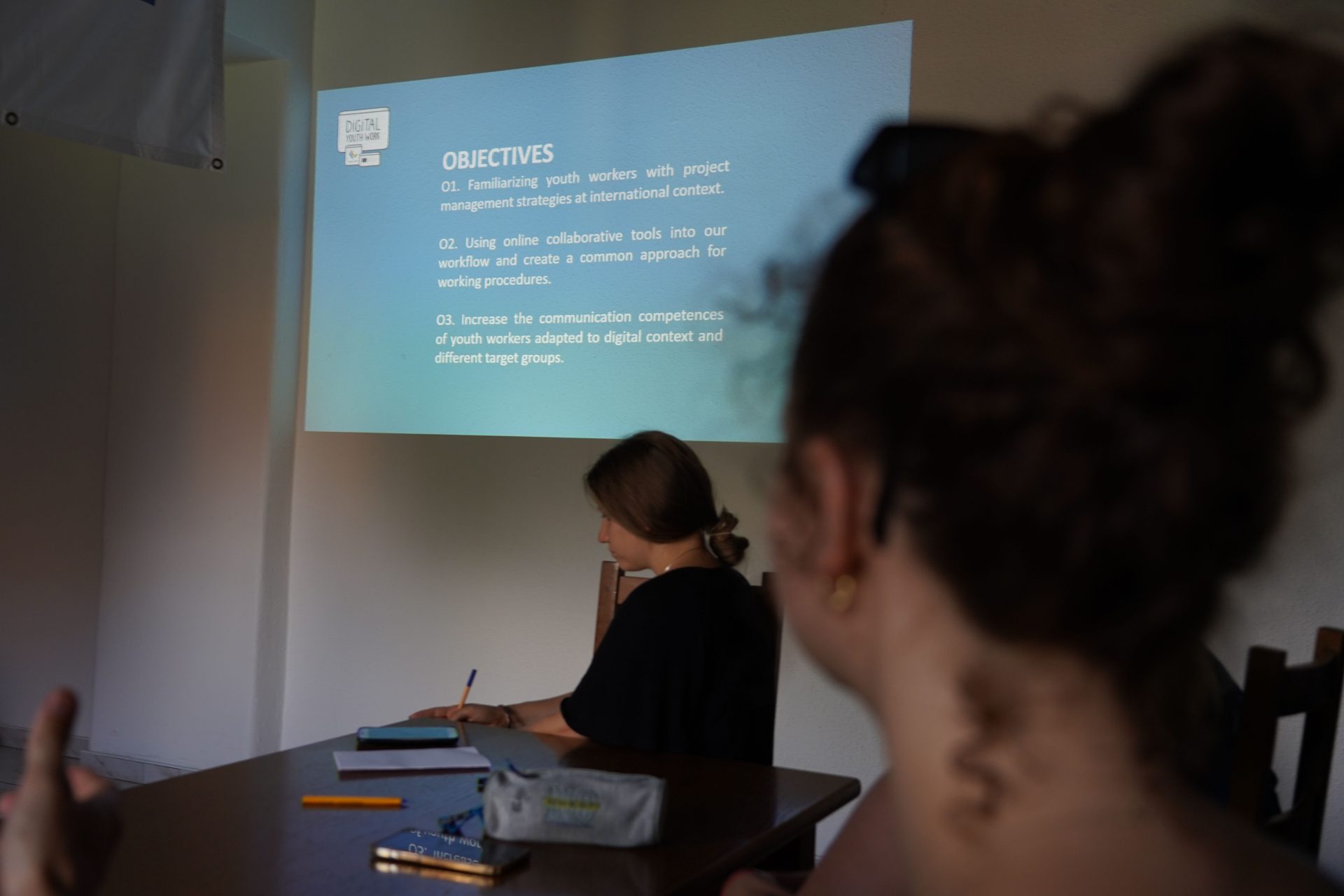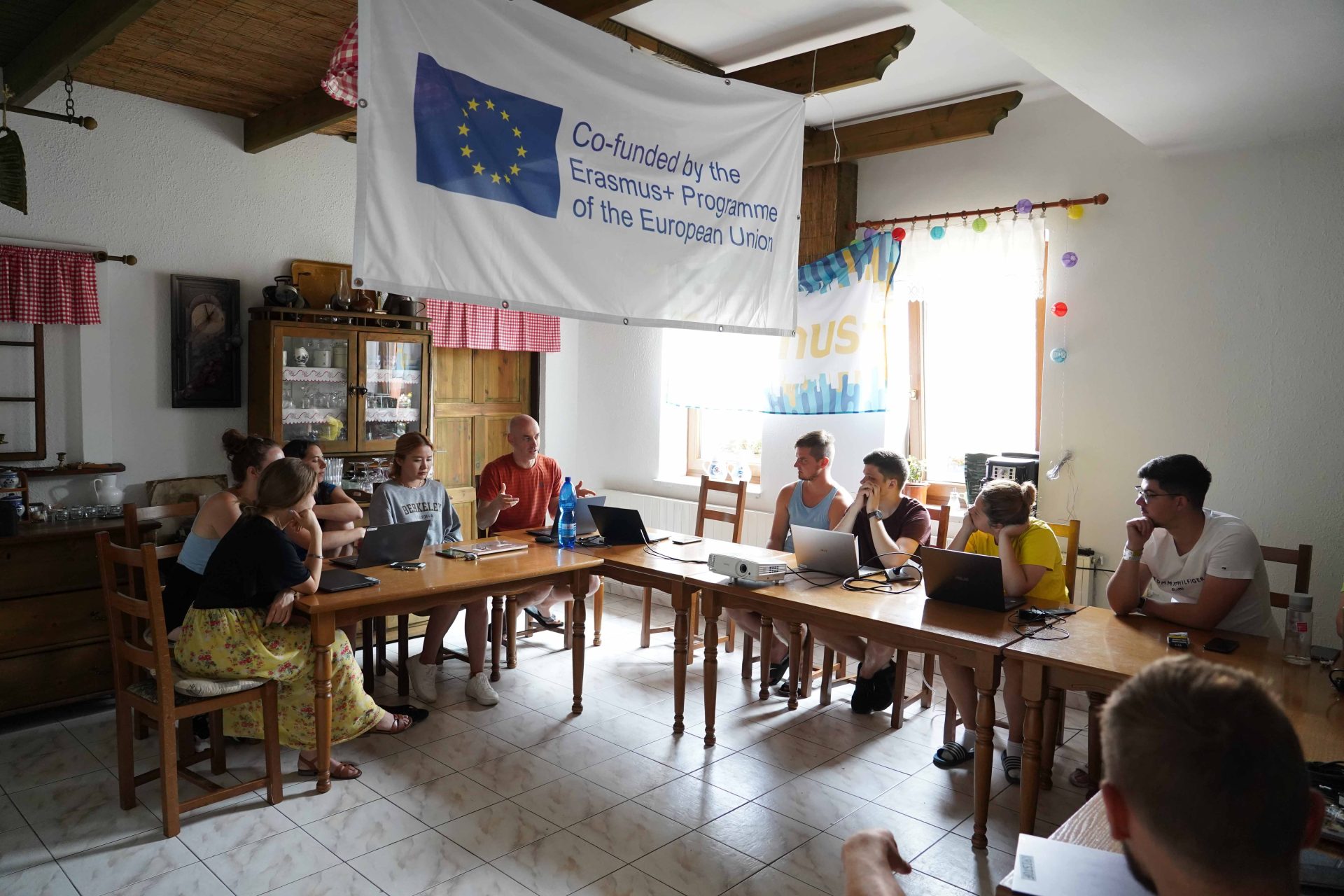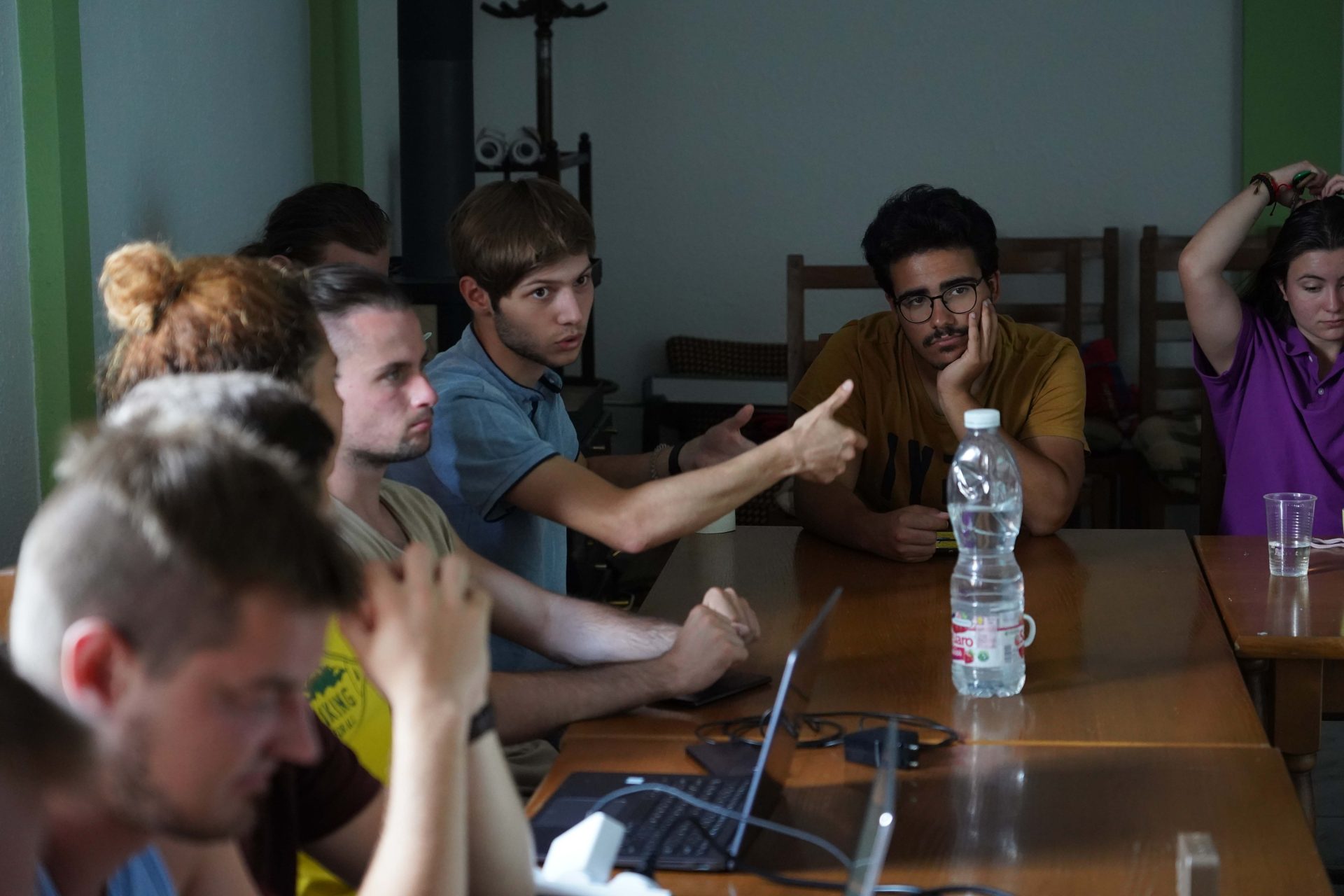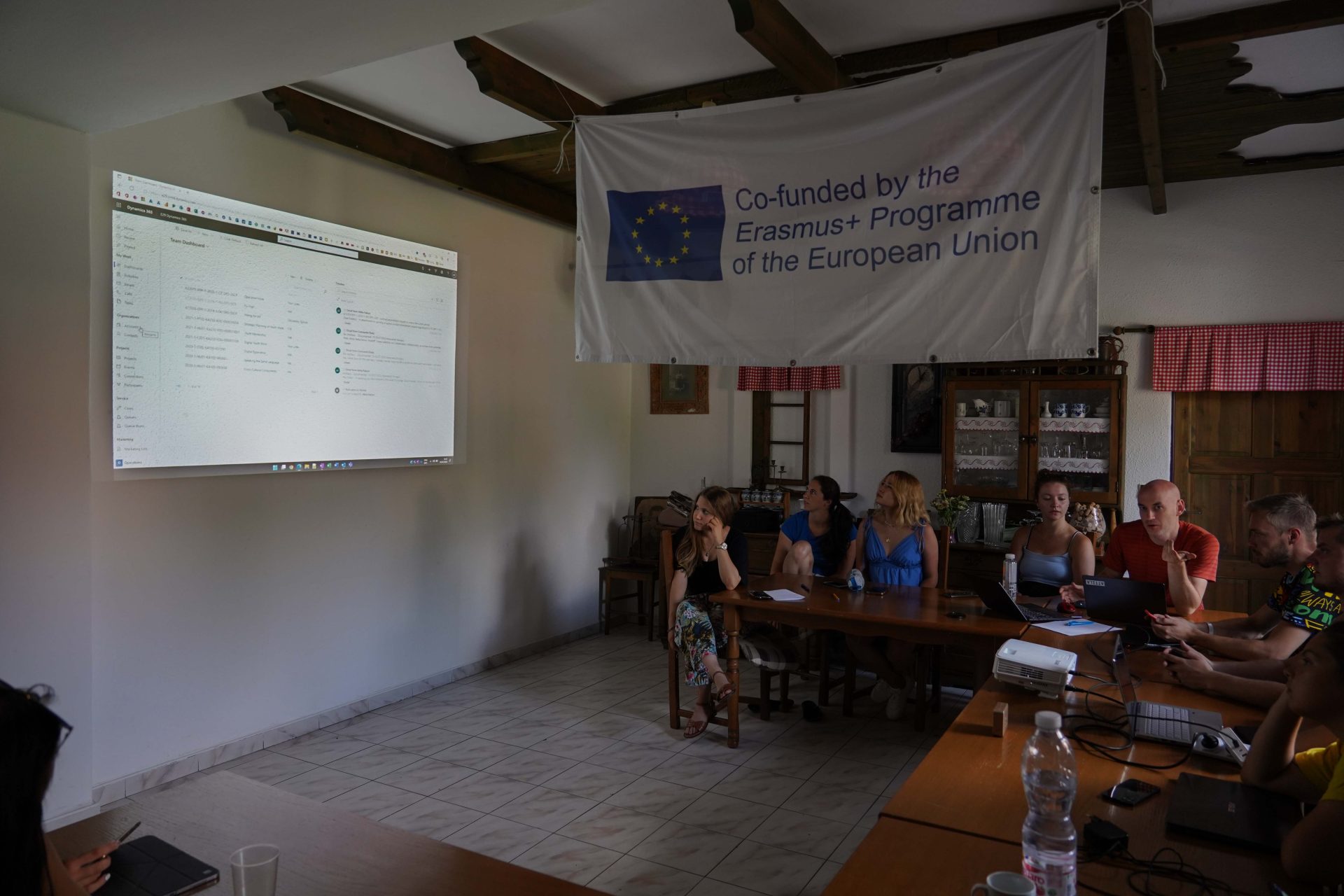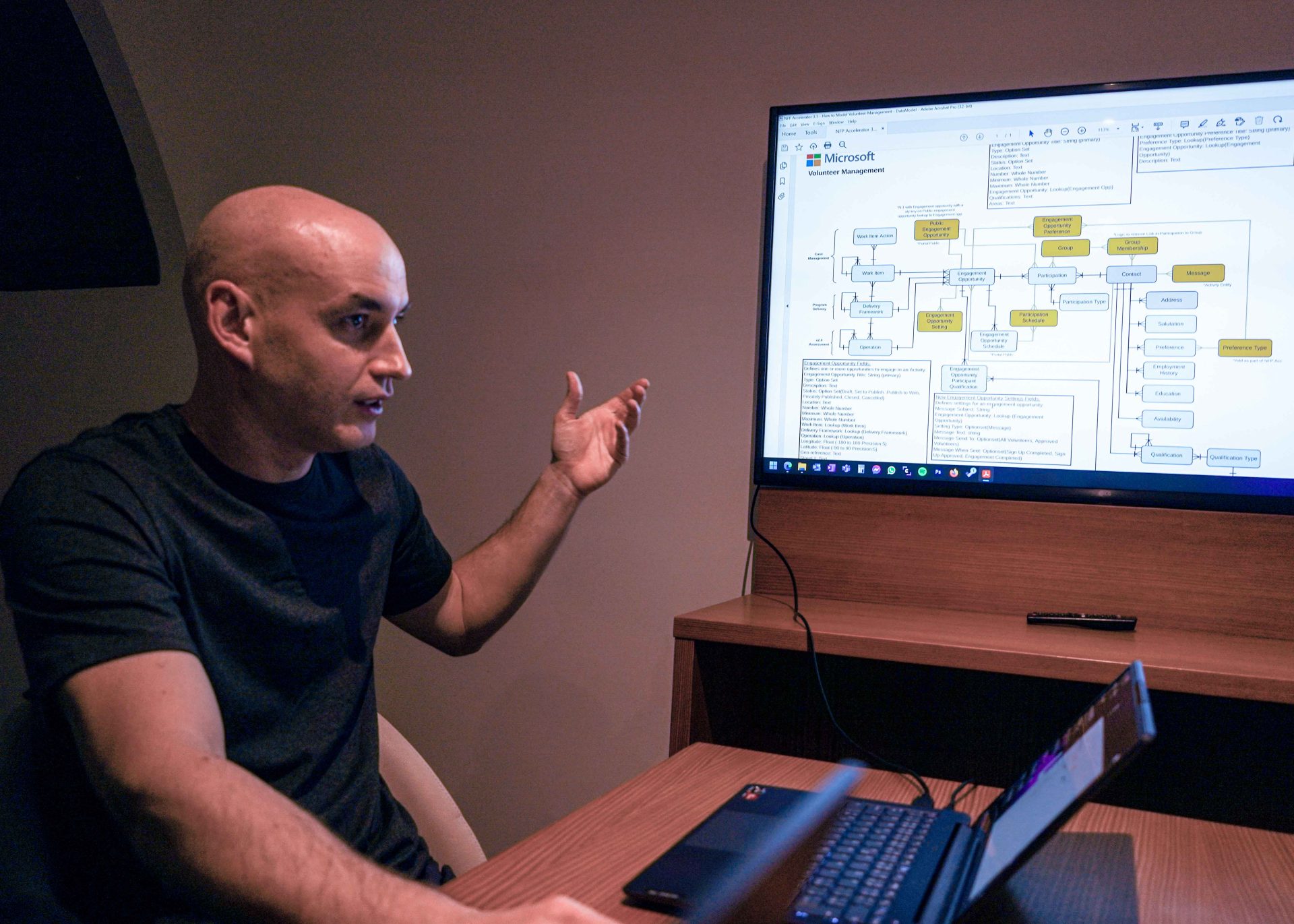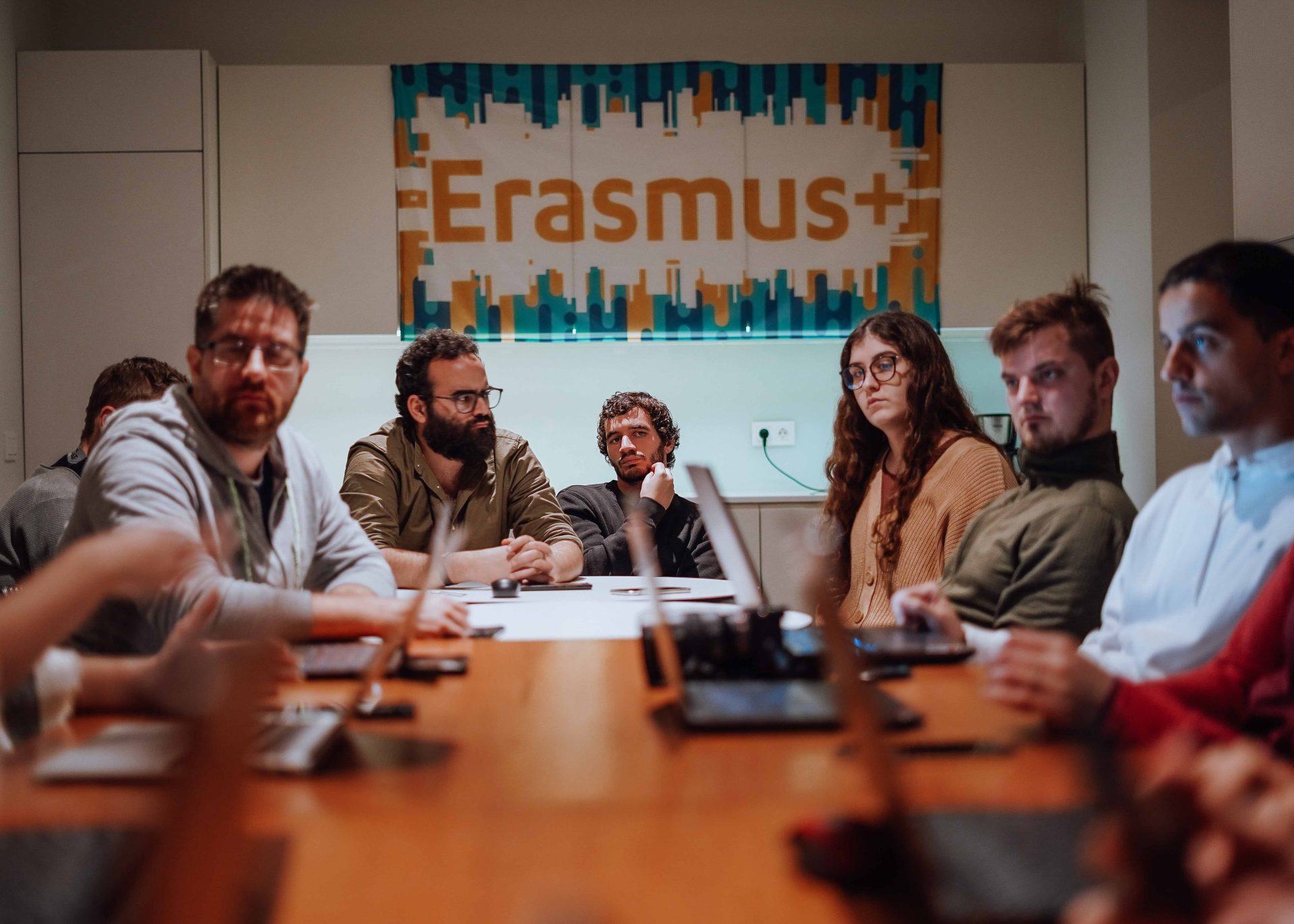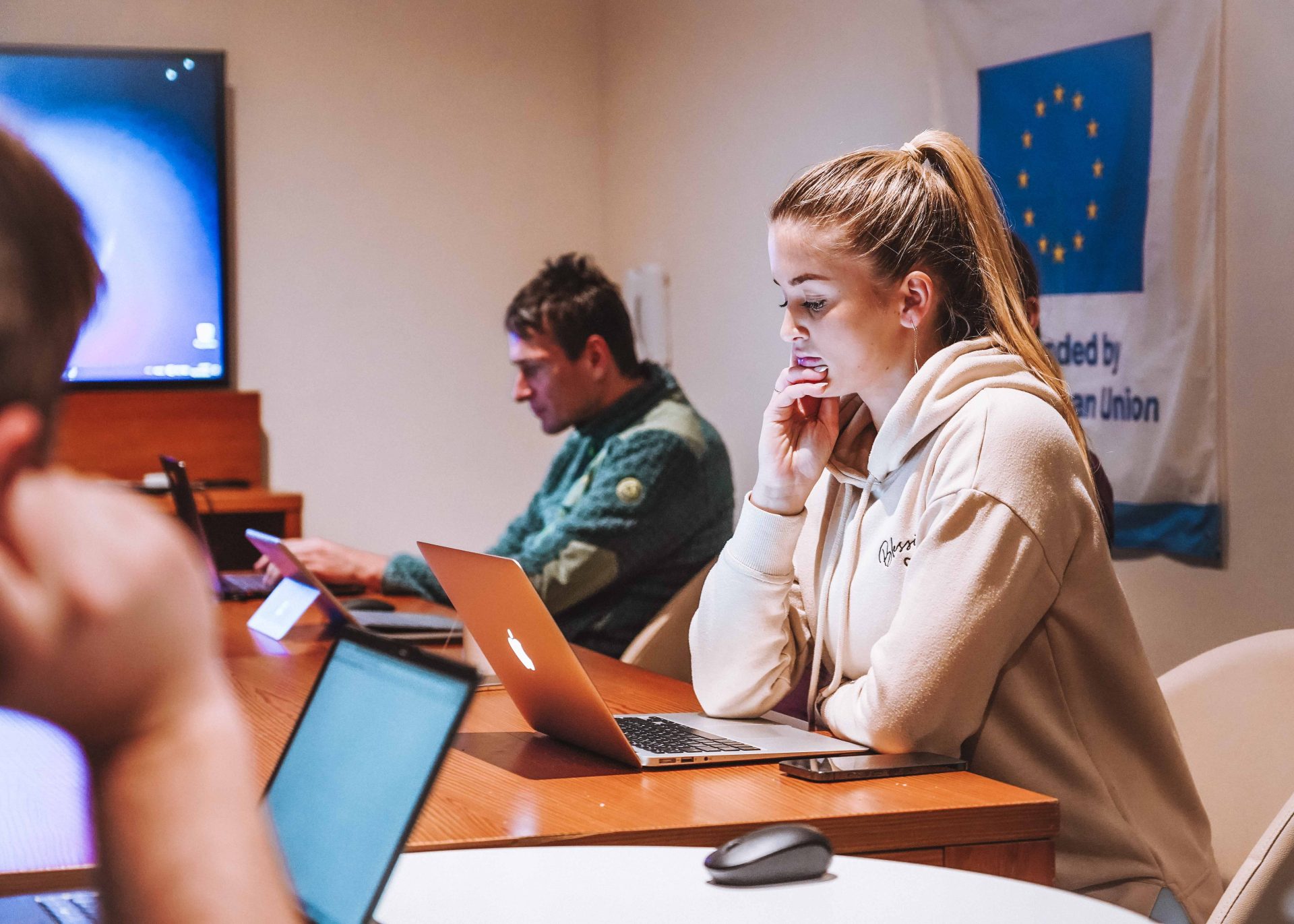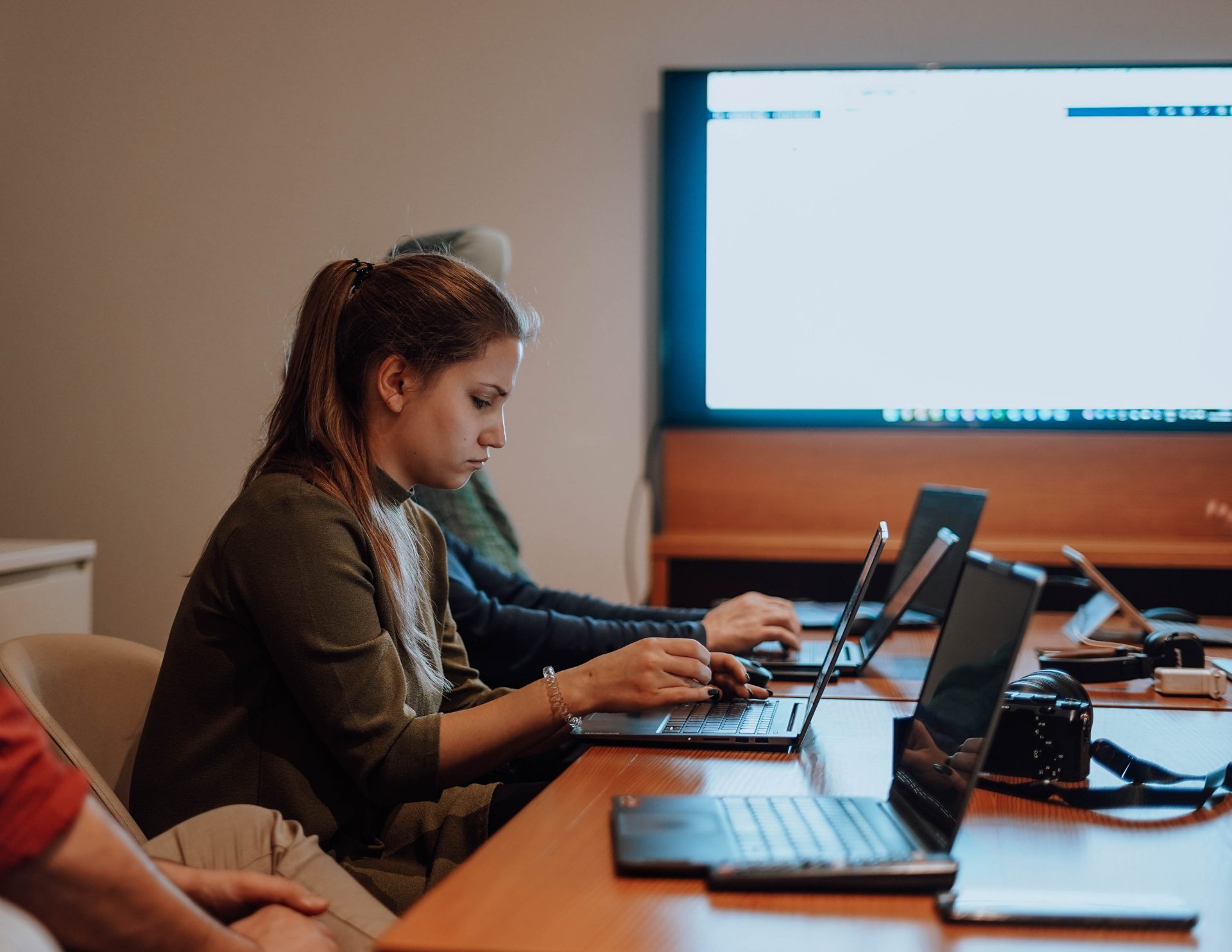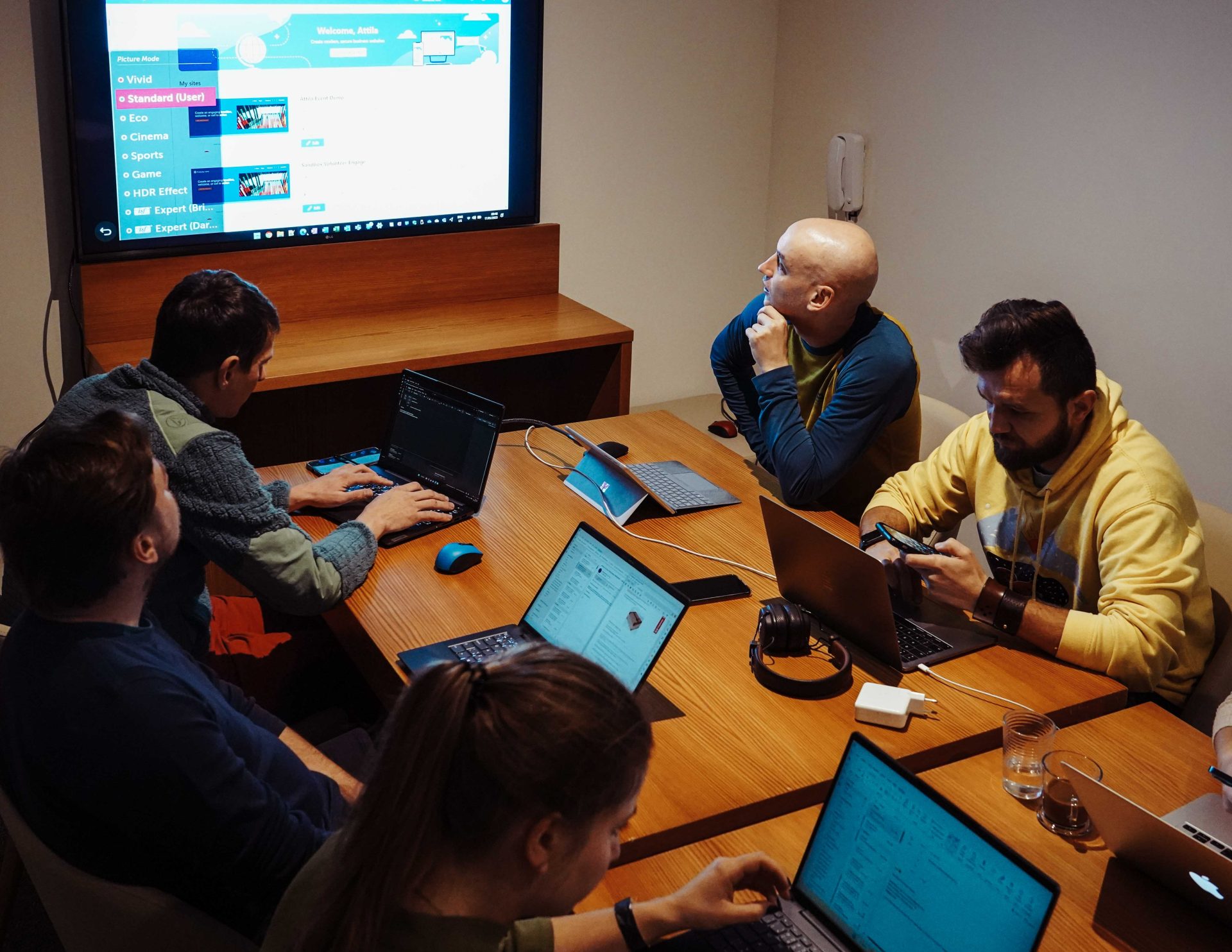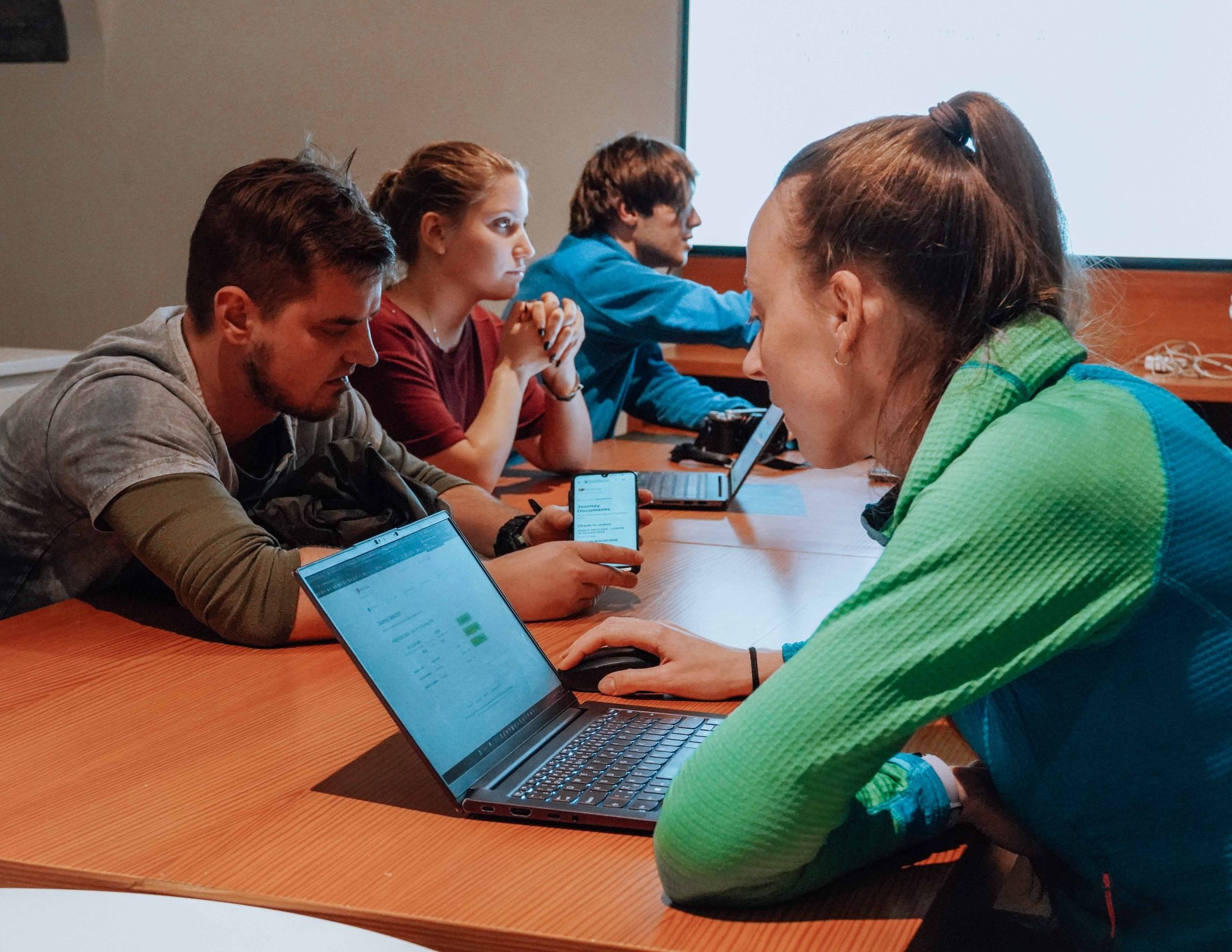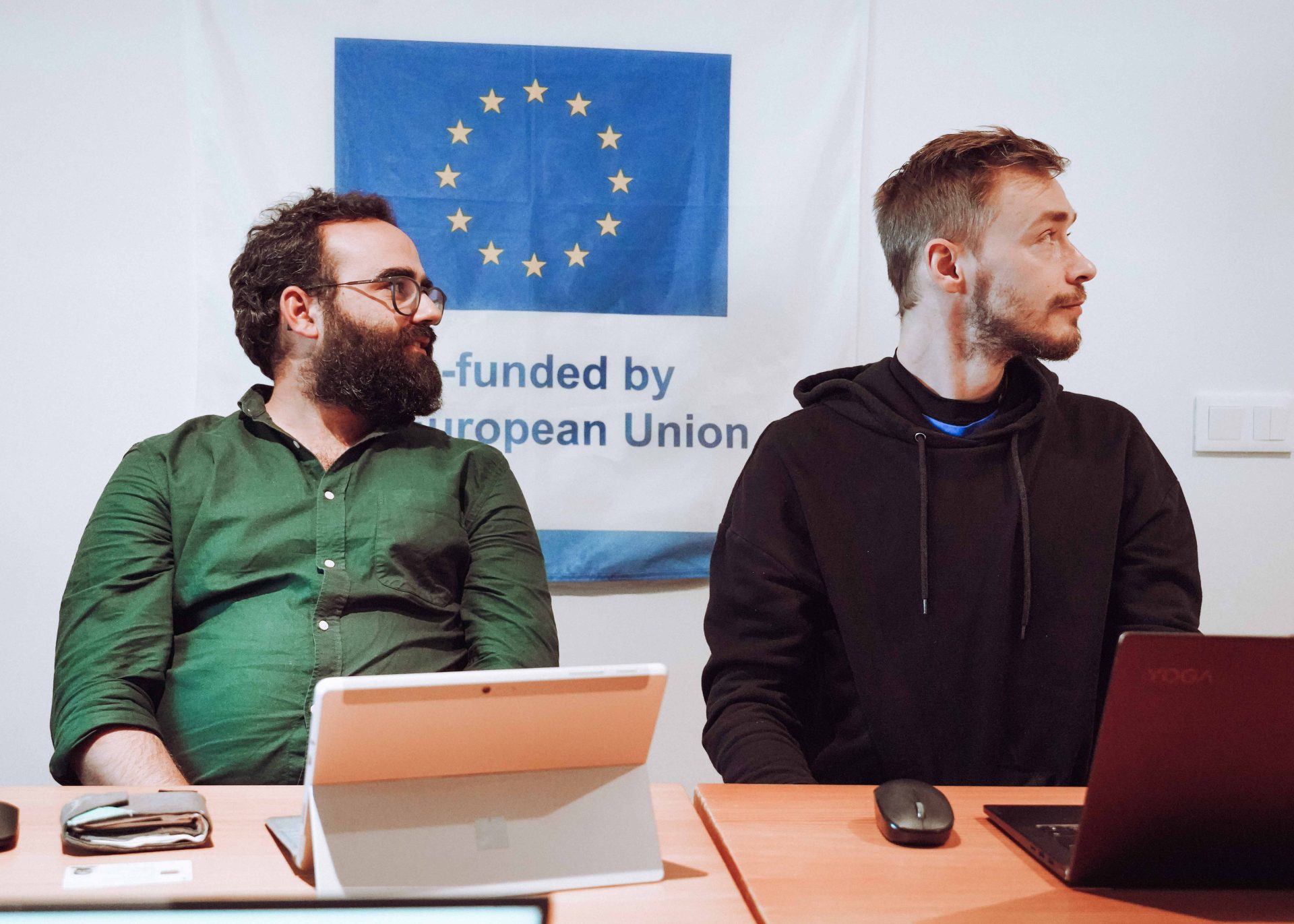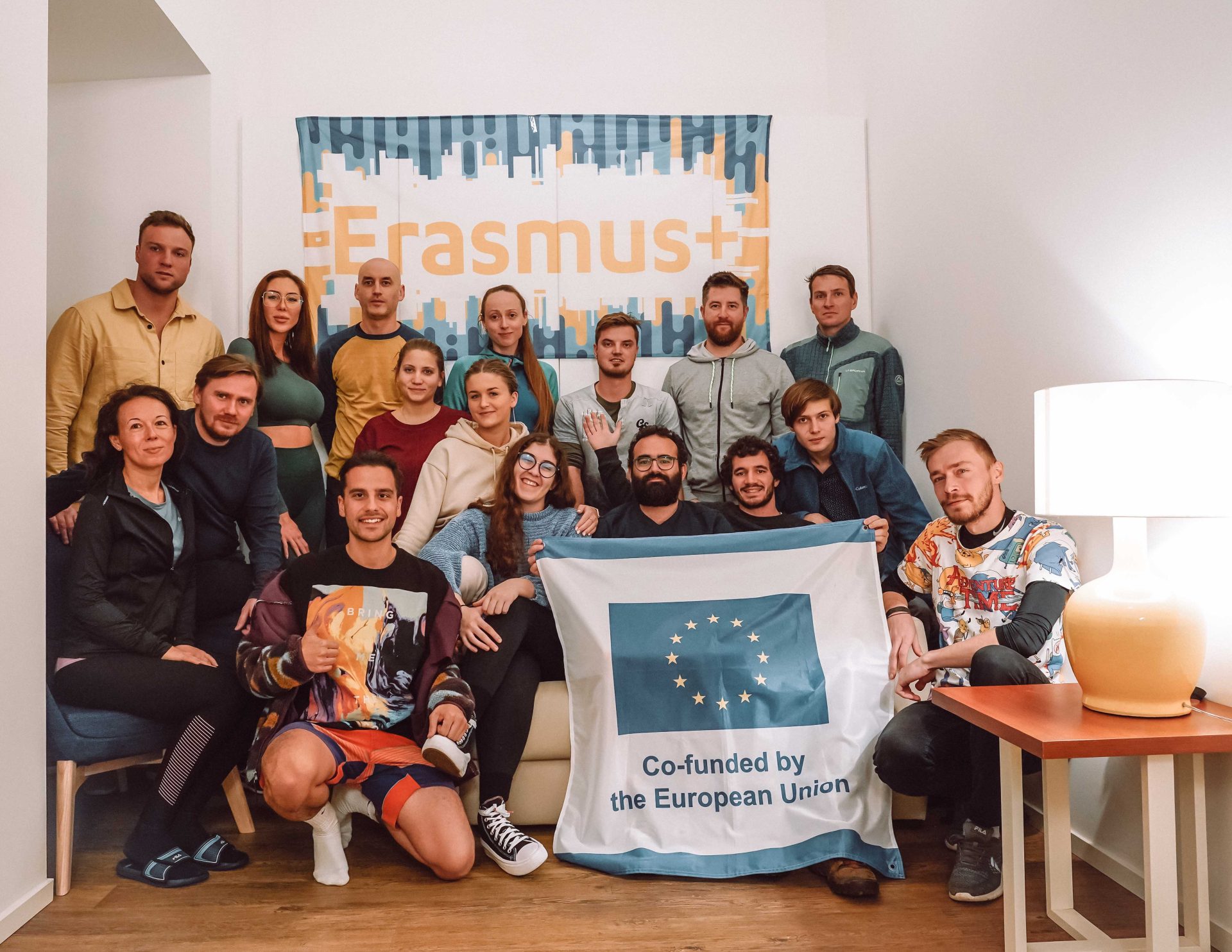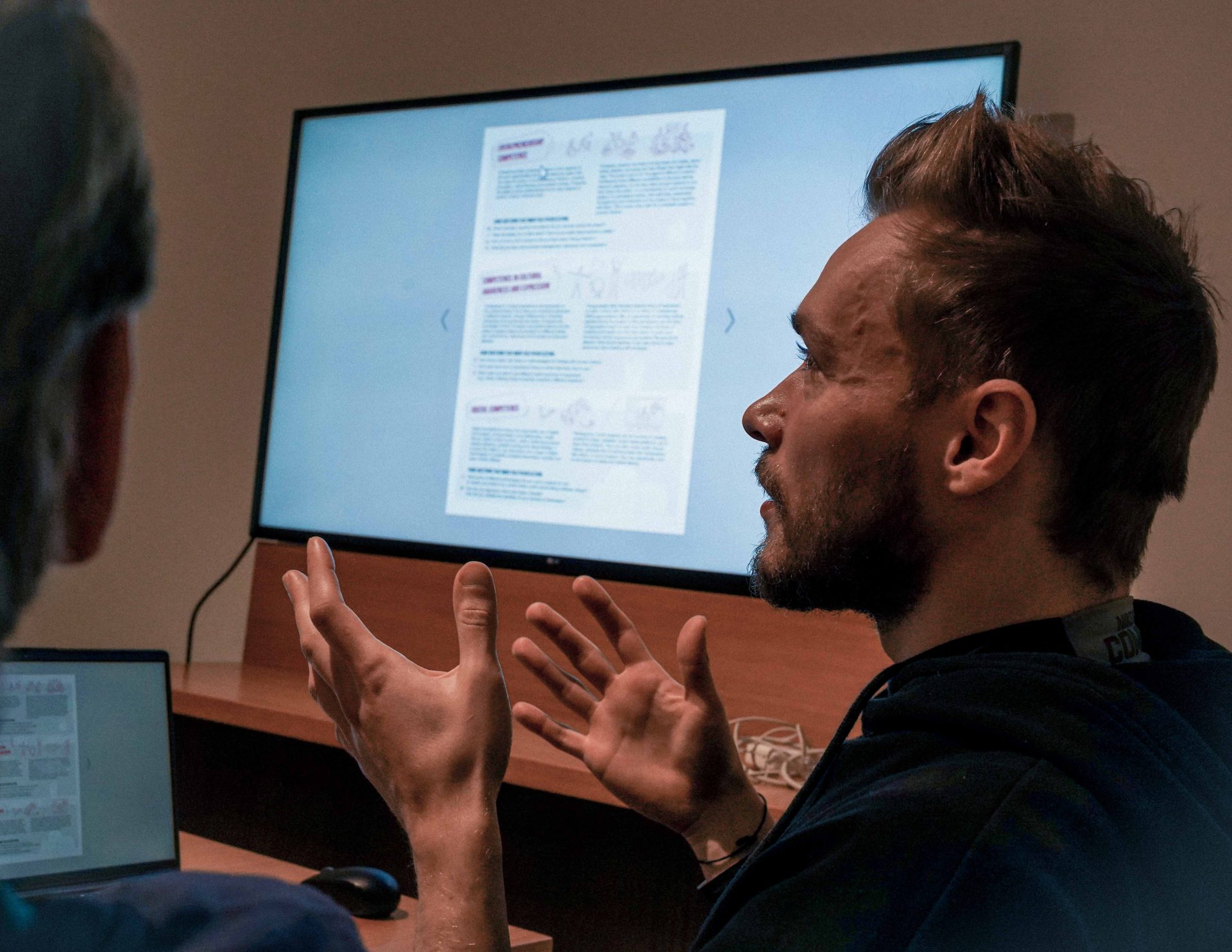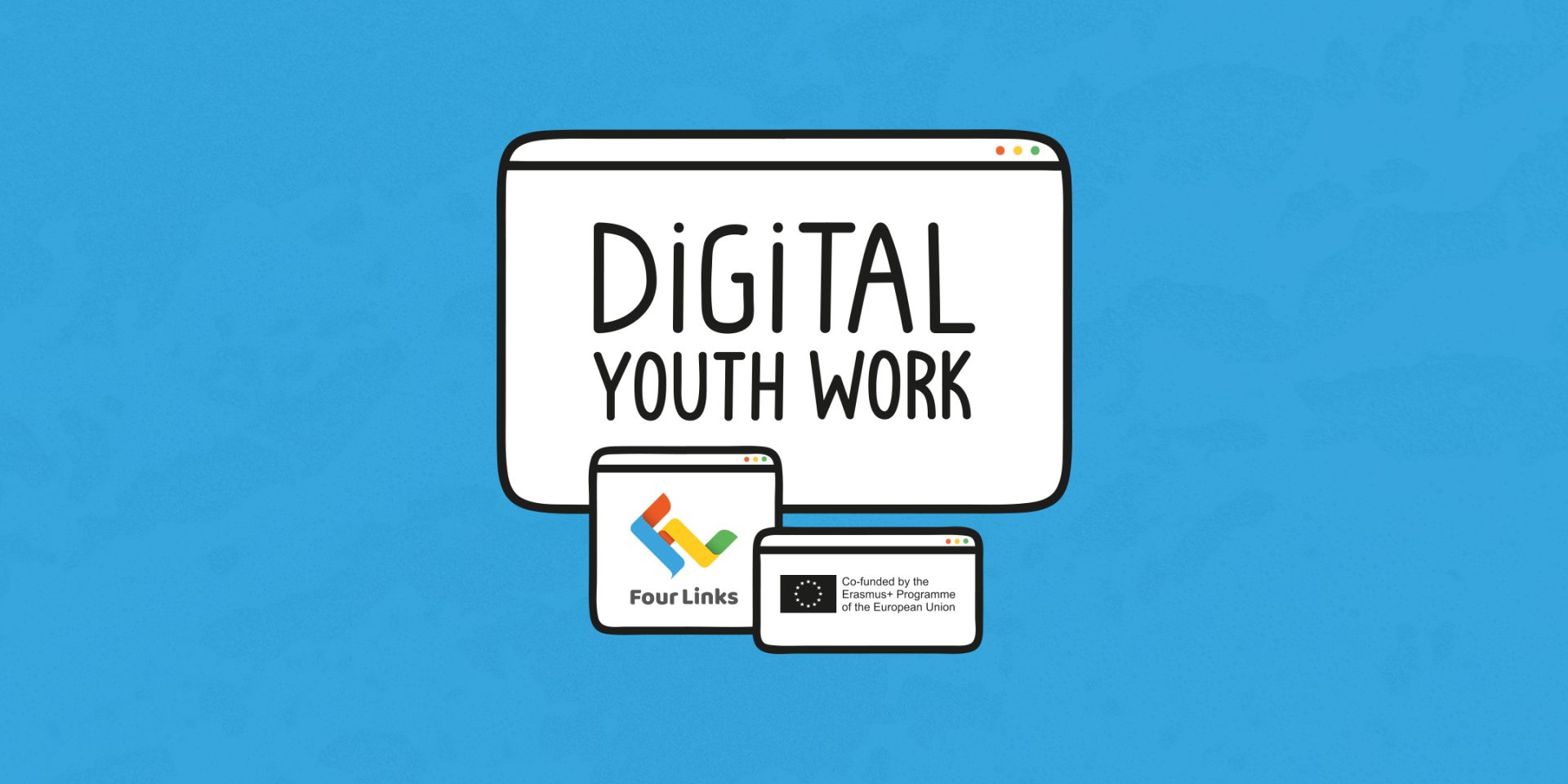
The project
The Erasmus+ KA2 project, “Digital Youth Work,” aimed to enhance the online project management, collaboration, and communication competences of youth workers from four non-governmental organizations (NGOs) through the integration of online collaborative tools. The project focused on improving the quality of youth work by increasing the efficiency of NGOs and youth workers’ communication competences adapted to the digital online context and different target groups.
The project contributed significantly to the youth workers’ professional development, improving the quality of their work and the NGOs they work for. Moreover, it provided an opportunity for youth workers to gain new competences and experiences in the field of project management and online collaboration, which will benefit them in their future career development.
Objectives
- 1
Increase quality of projects unfolded by NGOs by familiarizing youth workers with project management strategies at international context.
- 2
Increase efficiency of NGOs by integrating online collaborative tools into their current workflow and create a common approach to set working procedures, quality assurance and management.
- 3
Increase communication competences of youth workers in 4 NGOs adapted to digital online context and different target groups.
Impact
“Digital Youth Work” is an excellent example of how Erasmus+ KA2 projects contribute to youth workers’ professional development and the quality of their work. By adopting good project management practice and integrating online collaborative tools into their daily practices, NGOs and youth workers can significantly enhance their productivity and the quality of their projects. Overall, this project had have a positive impact on the youth work sector and contributed to achieving the goals of the Erasmus+ program.
Activities
To achieve these objectives, “Digital Youth Work” had two main activities, training courses for youth workers and volunteers, aimed at enhancing the online project management, collaboration, and communication competences of youth workers.
Online Collaborative Tools and Communication | Czechia
The first activity took place in Velke Bilovice, Czechia, and was focused on “Online Collaborative Tools and Communication.” It involved 18 youth workers and volunteers from four different countries. The primary aim was to build the online project management, collaboration, and communication skills of youth workers to improve the implementation of Erasmus+ projects and elevate the quality of youth work.
The activity was designed to use non-formal education and peer learning methods in a dynamic and supportive learning environment. Participants engaged in international teamwork, working collaboratively to learn about online collaboration tools and communication in the context of international projects. The training sessions were interactive, and the participants learned through practical exercises, case studies, and online simulations.
The impact of the activity was significant. Participants became more competent in the use of online collaboration tools for international level projects. They developed a deeper understanding of online project management and communication strategies, enabling them to implement projects more efficiently and effectively.
Digital Project Management and Communication at International Level | Portugal
The second activity took place in Portugal and focused on “Digital Project Management and Communication at International Level.” It involved 17 youth workers and volunteers from four different countries. The primary aim of this activity was to learn about project management and communication at the international level in a digital context.
The activity used a variety of interactive workshops, discussions, and hands-on activities to gain a deep understanding of Erasmus+ online project management at the international level and its potential impact on digital youth work. Participants explored innovative ways to incorporate project management tools into their daily routines effectively.
The impact of the second activity was also significant. Participants learned how to use the project management tools effectively and explored innovative ways to incorporate them into their daily routines. By using these tools, they were able to manage and execute projects with greater efficiency and effectiveness.
Overall, these two activities provided youth workers with valuable knowledge and skills in project management, collaboration, and communication, helping them implement Erasmus+ projects more efficiently and elevate the quality of youth work. These activities also demonstrated the power of non-formal education and peer learning methods in providing effective training for youth workers.
Results
As a part of the “Digital Youth Work” project, the youth workers from four different NGOs worked collaboratively to develop tools that would summarize the knowledge acquired during the project. The outcome was seven high-quality tutorials in project management that can be applied to online project management at an international level.
These tutorials were developed through collaborative efforts of the youth workers and were based on their experiences and knowledge gained during the project. The tutorials served as valuable tools for the youth workers to apply their newly acquired project management skills and knowledge to online project management at an international level. Overall, the tutorials were an excellent example of the project’s success in achieving its goal of increasing online project management, collaboration, and communication competences of youth workers from four NGOs.
Video Tutorials
Ep.1 – Defining Project Scope, time and schedule
The first tutorial focused on “Defining Project Scope, Time, and Schedule.” It covered the fundamental concepts of project management, such as how to define project scope and objectives, how to create a project timeline, and how to establish project milestones.
EP.2 – Budget and human resources
The second tutorial dealt with “Budget and Human Resources.” It covered topics such as budgeting, resource allocation, and how to identify and manage project risks.
EP3. – Risk Management Plan – Avoid, mitigate, transfer, contingency funds.
The third tutorial focused on “Risk Management Plan – Avoid, Mitigate, Transfer, Contingency Funds.” It provided a detailed overview of the risk management process and how to identify, assess, and mitigate risks in a project.
EP.4 – Changes management plan
The fourth tutorial focused on “Change Management Plan.” It covered the essential aspects of change management, such as how to handle changes in project scope, schedule, and budget.
EP.5 – Critical path and critical chain methods
The fifth tutorial focused on “Critical Path and Critical Chain Method.” It covered the advanced techniques of project management, such as using the critical path and the critical chain methods to optimize project schedules and resource allocation.
EP.6 – Work Procedures, Quality Assurance and Management
The 6th tutorial focuses on how to setup work procedures and standards, make quality assurance and good management using Office 365 tools. We present you with some of the possibilities and best practices of many of the digital collaboration tools we use daily in our youth work.
EP.7 – Communication and collaboration with a virtual team
Good communication is key for successful collaboration, specially in the field of international youth work, where remote work ends up being a daily practice. In this episode we focus on the Office 365 environment tools that allow us to do have better collaboration in a virtual team.

Funded by the European Union. Views and opinions expressed are however those of the author(s) only and do not necessarily reflect those of the European Union or Dům zahraniční spolupráce (DZS). Neither the European Union nor DZS can be held responsible for them.
